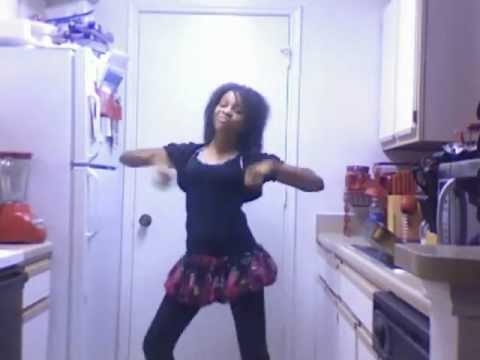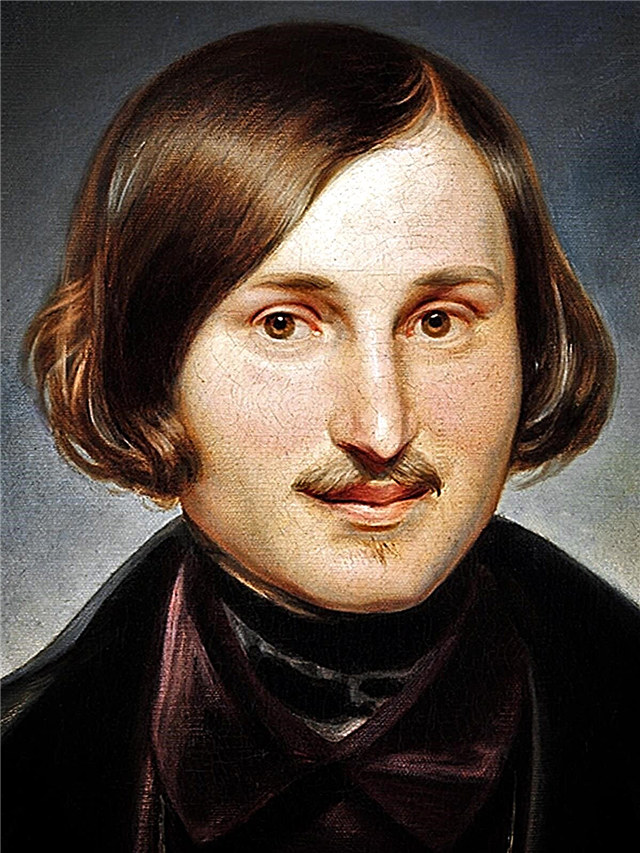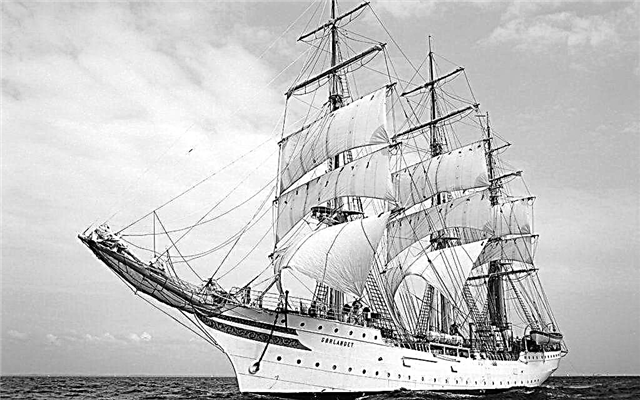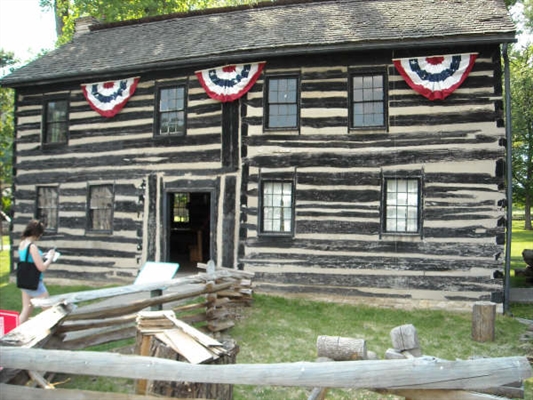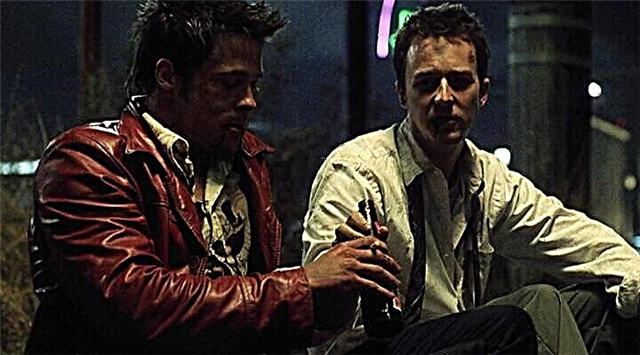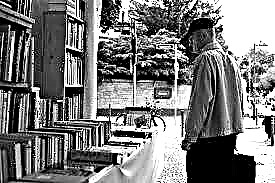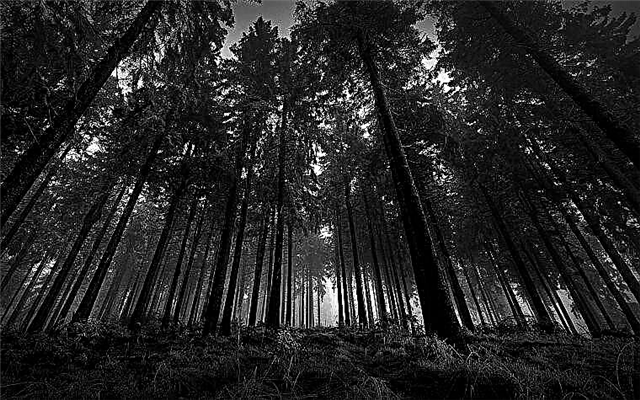David comes at night to the camp of the Israelites in Helvah. He is forced to hide from King Saul, to whom he has filial feelings. Saul used to love him, he himself chose David as his wife for Melkhola’s beloved daughter. “But the ransom / Ominous - a hundred enemy heads - / You demanded, and I double harvest / I removed for you ...” Today Saul is not in himself: he is persecuting David. David wants to take part in the battle with the Philistines and to prove his allegiance to Saul by deed. The son of Saul, Jonathan, having heard David talking to himself, approaches him. Jonathan rejoices at the meeting: he loves David as a brother. He fears for David's life, knowing how Saul hates him. David is not afraid of anything: "I am here to die: but only in battle, / How strong - for the fatherland and for / That ungrateful Saul, / That he prays for my death." Jonathan says that the evil and envious Abner, a relative of Saul and the commander of his army, constantly sets Saul against David. Melhol, David’s wife, is faithful to her husband and every day with tears begs Saul to return David to her. Jonathan says that without David, the Israelites lost their former courage: "With you gone / Peace, glory and confidence in battle." Jonathan recalls how the prophet Samuel received David before his death and anointed him with oil. He advises David to wait in the mountains for a signal for battle and only then leave the shelter. David laments: “Oh, really courageous deeds / Hide, how intrigues?” He wants to go to Saul and, despite the fact that he does not know any guilt, ask him for forgiveness. Samuel once loved Saul as a son, but Saul, with his ingratitude, brought upon himself the wrath of the Lord. The prophet Samuel bequeathed David love and loyalty to the king, and David never disobeys him. Jonathan swears while alive to protect David from Saul’s wrath. David wants to see Melhol. Usually, Melhol comes to cry about David even before dawn and, together with Jonathan, prays for his father. David is hiding, and Jonathan carefully preparing his sister for a meeting with her husband. The melhol sees David without the purple epancha that she wove him, in a rough cloak he does not look like a royal son-in-law, but like a simple infantryman. Jonathan and Melkhol decide to find out what kind of mood Saul is in, and if it seems favorable to them, then gradually prepare his father for a meeting with David. So that no one would identify David and Abner send the murderer, Jonathan asks him to lower the visor and mix with the crowd of soldiers. But Melhola believes that by the look and ability to wear the sword of David it is easy to recognize. She shows him a cave in the woods, where he can take refuge. David is leaving.
Saul recalls how undaunted a warrior he was. Now he is old and his strength is not the same as before. But he lost not only his youth: "Was with me / Still irresistible right hand / of the Almighty! .. And at least there was / With me David, my hero." Abner inspires Saul that David is the main cause of all his troubles. But Saul understands that the matter lies in himself: "Impatient, gloomy, / Cruel, evil - so I became what I am, / Always I’m not nice to myself, not nice to others, / In peace, I thirst for war, in wars - peace." Abner convinces Saul that the prophet Samuel, who was the first to say that Saul was rejected by God, was an impudent, deceitful and cunning old man, he himself wanted to become king, but the people elected Saul, and Samuel out of envy announced that God rejected Saul. Abner says that David was always closer to Samuel than to Saul, and more located to the altar than to the battlefield. Abner of the same blood with Saul: “I am your kind, and the king’s splendor / There is the glory of Abner, and David / He will not ascend, will not correct Saul.” Saul often sees in a dream how Samuel tears off the royal crown from his head and wants to lay it on David’s head, but David prostrates himself and with tears asks the prophet to return the crown to Saul. Abner exclaims: “Let David perish: disappear with him / All fears, and misfortunes, and visions.”
Saul no longer wants to delay the battle with the Philistines. Jonathan does not doubt victory. Melkola hopes that after the battle, Saul will find rest and peace and return her beloved husband. Saul believes that the Israelites are doomed to defeat. Melhola recalls how David sang Saul with his singing and distracted him from gloomy thoughts. Jonathan reminds Saul of David’s military prowess. David appears: “My king! I have long wanted / You are my head. So - take it, / Sack her. " Saul meets him affectionately: “God is broadcasting in you; “The Lord brought you to me ...” David asks Saul to let him fight in the ranks of the Israelis or stand at the head of the army - as he pleases - and then he is ready to accept the execution. Saul accuses David of pride in wanting to overshadow the king. David knows that he is not guilty of anything, that’s all the libel of Abner, who envies him. Abner claims that David was hiding in Philistia, among the enemies, sowing turmoil among the people of Israel and more than once attempted to encroach on the life of Saul. In justification, David shows a flap from Saul’s royal mantle. Once Saul, looking for David to kill, fell asleep in the cave where David was hiding. David could have killed him and fled, for Abner, who was to guard Saul, was far away. But David did not take advantage of the fact that the king was in his power, for revenge and only cut off a flap with a sword from the mantle of Saul. Hearing the speech of David, Saul returns his position to him and appoints him a military leader.
David calls Abner for himself for an important conversation. He says that Abner should not serve him, David, but both of them should serve the sovereign, people and God. Abner offers a battle plan that David fully endorses. He appoints Abner the chief of the main forces. David wants to launch the offensive at four in the afternoon: the sun, wind and heavy dust will help them in the battle. Melkola tells David that Abner had already managed to whisper something to Saul, and the king’s mood changed. Saul again accuses David of pride. David replies: "On the battlefield is a warrior, at court - / Your son-in-law, and before God I am nothing." Saul notices David's sword. This sacred sword was handed to David by priest Ahimelech. Hearing that Ahimelech gave the sacred sword that hung in Nomva above the altar, to David, Saul enraged. He accuses the children of only waiting for his death to seize the royal crown. Jonathan asks David to sing, hoping to dispel the wrath of his father. David sings about Saul’s feats of arms, about peace after the battle, but upon hearing the word “sword,” Saul is furious again. Jonathan and Melhol hold Saul, ready to stab David so that he can leave. Saul sends Melhol for David. Jonathan, meanwhile, is trying to pacify his father’s anger, begging him not to be hardened against the truth and God, whose chosen one is David. Abner is also looking for David: less than an hour is left before the battle. Achimelech appears in the camp of the Israelites. He reproaches Saul for stepping down from the path of the Lord, while Saul calls Ahimelech a traitor who gave David the exile not only shelter and food, but also sacred weapons. Saul does not doubt that Ahimelech came to betray him, but the priest came to pray for the victory of Saul. Saul scolds all the priests, he recalls how Samuel himself killed the king of the Amalekites, captured by Saul and spared for military valor. Ahimelech calls on Saul to return to God: “The king of the earth, but before God / Who is the king? Saul, come round! You are no more than the crown of dust. " Ahimelech threatens Saul with the wrath of the Lord and exposes the evil and treacherous Abner. Saul orders Abner to kill Ahimelech, cancel the order of David and postpone the attack until tomorrow, seeing in David's desire to start the battle before sunset, a hint of his weakening old hand. Saul orders Abner to bring David to cut his veins. Ahimelech before death predicts that Saul and Abner will die a miserable death from the sword, but not from the enemy and not in battle. Jonathan tries to appeal to the mind of his father, but to no avail. Saul chases the children away: Jonathan sends him to the army, and sends Melkhol to seek David. "I am alone with myself, / And I am only afraid of myself."
Melhol persuades David to flee under cover of night, but David does not want to leave the Israelites on the eve of the battle. Melhol tells about the execution of Achimelech and that Saul ordered Abner to kill David if he met him during the battle. David hears a prophetic voice, he predicts that the coming day will be terrible for the king and for all the people. But here the pure blood of the servant of the Lord spilled, and David cannot fight on the land that is defiled. Reluctantly, he agrees to flee, but, worried about Melkhola, does not want to take her with him: "stay / With your father until the husband returns to you / The Lord." David is hiding. Melhol hears screams from his father’s tent and sees Saul fleeing from the shadow that haunts him. Melhol tries in vain to convince his father that no one is chasing him. Saul sees a fiery punishing sword brought over him and asks the Lord to turn his sword away from his children, he himself is to blame, but the children are innocent. He fancied the voice of the prophet Samuel, who intervened for David. He wants to send for David ...



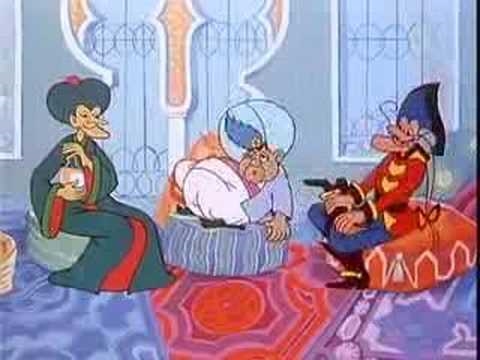
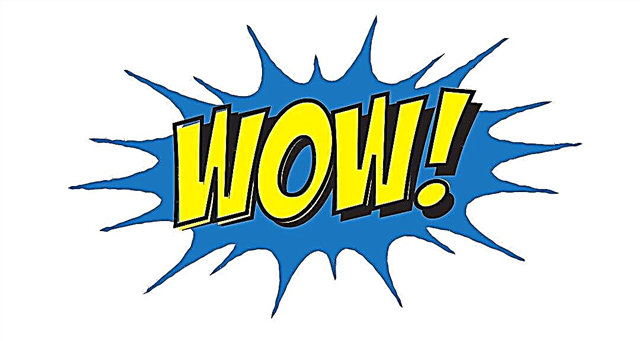 Wow! Projects
Wow! Projects